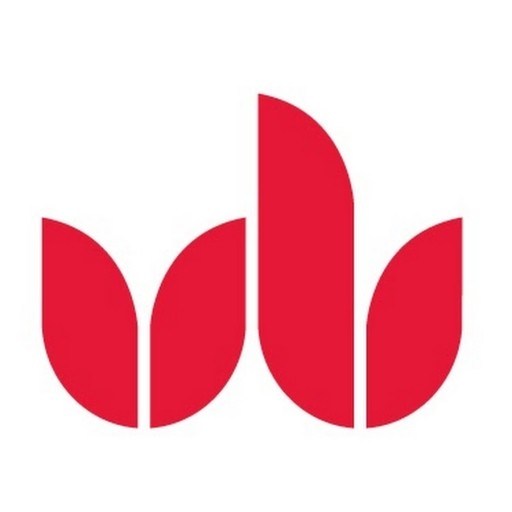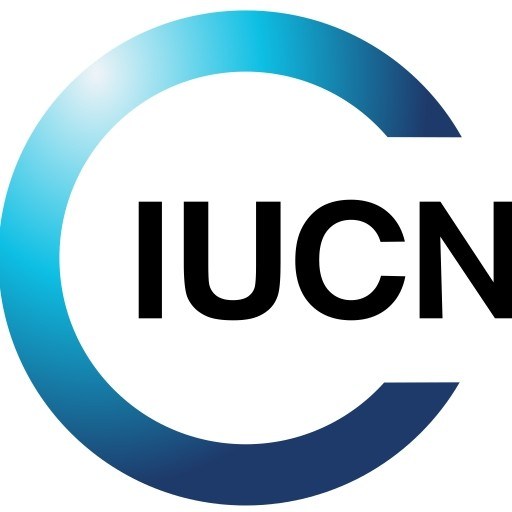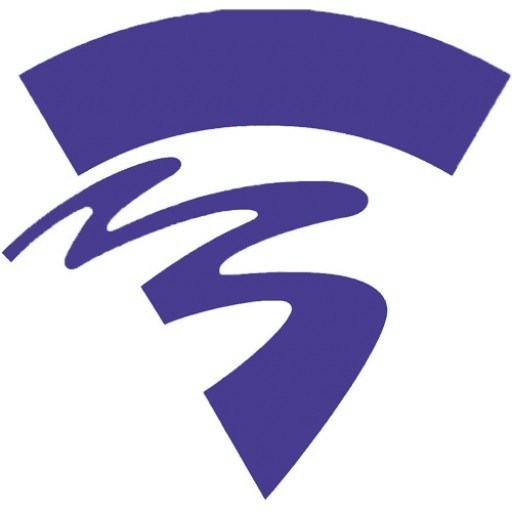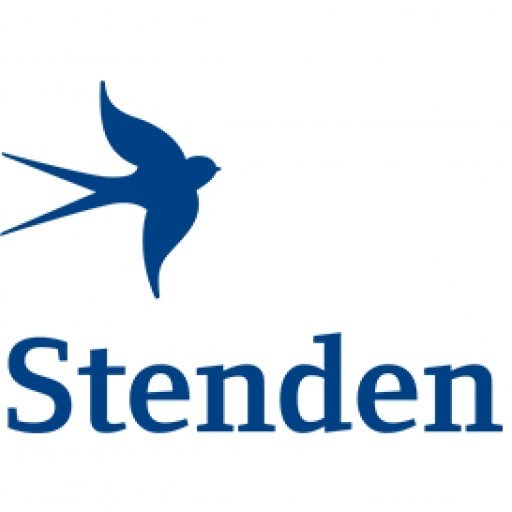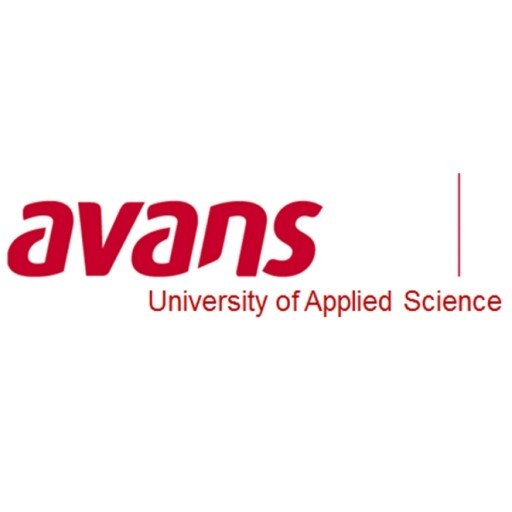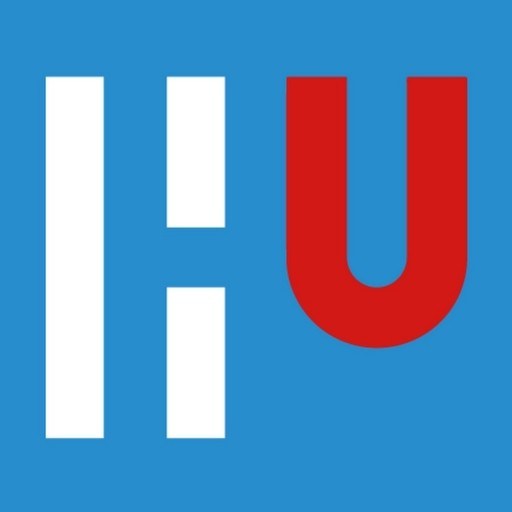Photos of university / #uniofbeds
Advertisement
Why choose this course?
· International staff expertise, reputation and proven track record of `world-leading´ research
· Flexible blended and innovative online learning delivery across units
· Research informed teaching and learning
· Critical thinking and a strong trans-disciplinary approach
· Strong emphasis on sustainability and an `ethical´ conscience
· Extensive industry links ensuring the development of `real-life´ applicable research and practical skills development
· Strong postgraduate research student population
· Vibrant international and multicultural postgraduate student community
· Extensive cross-faculty teaching and partnerships
· A new university-designated Institute for Research in Tourism
Career opportunities
· Policy-direction in government sector tourism planning / management; Market development in corporative tourism; Third sector work in local / regional / national / trans-national areas of public culture / public nature / heritage which have interface with tourism;
· Tertiary sector education in `Tourism Management´ / `Tourism Studies´;
· Culturally-appropriate tourism management;
· Environmentally-responsible tourism management;
· Consultancy (research) work in tourism and `culture´ / `the environment´ / `development´.
· Or become entrepreneurs.
· Academic career
Units covered
Core units: Contemporary Issues in Tourism; Research Philosophies and Principles; International Tourism Development; Strategic Tourism Management; Research Practice in Tourism; Tourism Marketing and Dissertation.
Options include: Event Tourism; Worldmaking: tourism and globalisation; Stewardship, Tourism and Environment; Sport Tourism; Sport and Leisure Provision; Consuming Sport.
Assessment
The programme´s assessment strategy underscores the course team´s concern with the sorts of critical understandings which are increasingly required in global tourism, today. It places a premium upon research competency and upon independent thinking. It also helps register the fact that a transdisciplinary programme like this one obliges the student to undertake a significant amount of reading in order to come to terms with the myriad of different stakeholders that are routinely active on or in connection with international tourism ventures and projects. Students are therefore expected to have strong reading, writing, presentation skills in English and the ability to understand global tourism in its wide business, political and philosophical multidimensionality.
There will be a range of assessment methods on the programme that permit students to reflect their strengths and address their weaknesses. Each unit will be assessed separately, using different mixes of assessment including: individual and group presentations and reports, e-portfolios, blogs, essays, and exams. Coursework methods will include case study analyses, writing reports, planning and review exercises, research, presentations and group work - all typical activities that a tourism manager would be expected to undertake. Assessment methods have been selected to support the development of tourism management and research skills and knowledge, whilst satisfying unit and course learning outcomes.
Students will undertake a 20,000 word dissertation.
Minimum entry requirements typically include a minimum of two A-levels or equivalent qualifications, with specific grades depending on the applicant's background. International students may be required to demonstrate proficiency in English through standardized tests such as IELTS, with a common minimum score of 6.0 or 6.5. Applicants are encouraged to have a relevant academic background, such as travel, tourism, or business studies, though these are not strictly mandatory. Work experience in the hospitality or tourism sectors can be advantageous but is not a prerequisite for admission. The University values diverse academic and professional backgrounds, and all applications are assessed on an individual basis.
Applicants must submit academic transcripts, a personal statement demonstrating motivation and interest in tourism management, and two references preferably from academic or professional sources. For international applicants, proof of English language proficiency and certified copies of qualifications are required. The university also considers mature students (usually over 21) who can demonstrate relevant experience and motivation even if they do not meet standard entry qualifications.
The programme is designed to accommodate students from various educational backgrounds and aims to develop core competencies in tourism management, strategic planning, sustainable practices, and customer service. It emphasizes real-world application and industry engagement, preparing students for careers in international tourism organizations, hospitality companies, and travel agencies.
Applicants should also be aware of the importance of intercultural communication skills and adaptability in a global tourism environment. While specific prerequisite courses are not mandatory, a foundational understanding of business principles, geography, or language skills can be beneficial.
The university encourages applications from individuals committed to advancing their knowledge in tourism and related fields. Successful applicants should demonstrate enthusiasm for hospitality, leadership potential, and a commitment to ethical practices in the sector. The admission process involves reviewing all application materials, potential interviews, and consideration of any relevant work experience, aiming to select candidates who show the potential to benefit from and contribute to the programme.
The University of Bedfordshire offers various financial support options for students enrolled in the International Tourism Management program to facilitate their studies and reduce financial barriers. Prospective and current students can access a range of scholarships, bursaries, and financial aid programs designed to support academic achievement and personal development. The university provides international students with the opportunity to apply for scholarships based on merit, financial need, or specific criteria related to their country of origin. These scholarships can significantly offset tuition fees and living expenses, making the program more accessible. Additionally, students are encouraged to explore government-funded student loans and grants available in their home countries that may be applicable for studying in the UK. The university also offers guidance on part-time work opportunities both on and off-campus, enabling students to earn supplementary income during their studies. Bedforshire's financial support services include advice on budgeting, managing living costs, and accessing external funding options. International students should also consider exchange rate fluctuations and additional costs such as health insurance, visa fees, and travel expenses when planning their finances. The university recommends early financial planning and application for funding to secure necessary resources before the commencement of the program. For detailed information on specific scholarships, eligibility criteria, application procedures, and deadlines, students are advised to consult the official university website or contact the university's admissions and financial aid offices directly. Overall, the university's comprehensive approach to student financing aims to support educational success and promote a diverse and inclusive learning environment for all students pursuing International Tourism Management.
International Tourism Management at the University of Bedfordshire offers students a comprehensive education in the dynamic and global industry of tourism. The programme is designed to equip students with the essential skills and knowledge needed to succeed in various roles within the tourism sector, including hospitality, travel management, event planning, and destination marketing. Throughout the course, students explore key topics such as sustainable tourism, cultural awareness, tourism policy, and the economic impact of tourism on local and global scales. The curriculum combines theoretical understanding with practical experience, including opportunities for internships, industry placements, and project work that reflects real-world challenges.
Students benefit from learning in a diverse and multicultural environment, preparing them to operate effectively in international settings. The programme emphasizes developing not only technical skills but also soft skills like communication, teamwork, problem-solving, and strategic thinking. In addition, the course covers digital marketing tools, customer service excellence, and the use of innovative technologies in tourism management.
The University of Bedfordshire supports students with strong industry links, providing networking opportunities through guest lectures, industry seminars, and partnerships with leading tourism organizations. Graduates of the programme often find employment in travel agencies, hotel chains, tourism boards, event management companies, and consultancy firms. The programme is suitable for individuals passionate about travel, culture, and customer service, and who wish to build a career in a vibrant and expanding global industry. By combining academic rigor with practical training, the International Tourism Management programme prepares students to make meaningful contributions to the tourism sector worldwide.
